Publications
Articles, publications, books, tools and multimedia features from the U.S. Institute of Peace provide the latest news, analysis, research findings, practitioner guides and reports, all related to the conflict zones and issues that are at the center of the Institute’s work to prevent and reduce violent conflict.
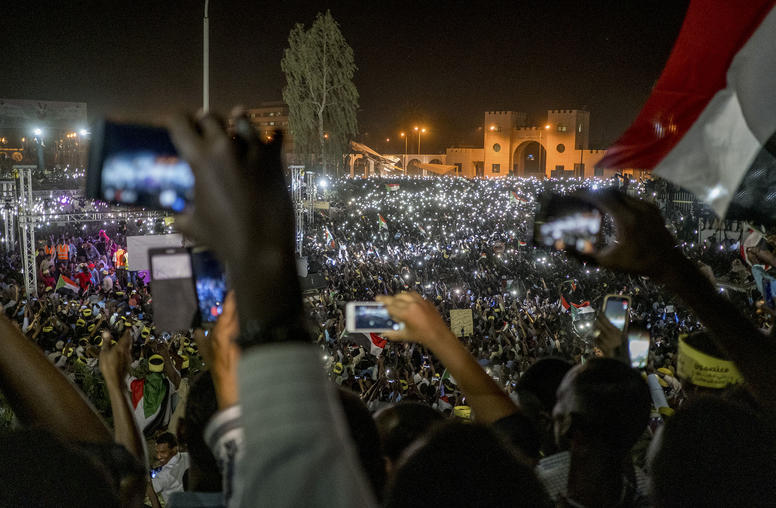
Sudan, One Year After Bashir
Dictator Omar al-Bashir, who ruled Sudan for nearly three decades, was overthrown in April 2019. After months of protests, negotiations led to a joint civilian-military transitional government to govern the country for a period of 39 months. However, Sudan’s political transition remains tenuous, and even before the coronavirus pandemic, the risks of failure were many. USIP’s Manal Taha, Payton Knopf, and Aly Verjee discuss the past year in Sudan and the need for further international support to shore up the transition.
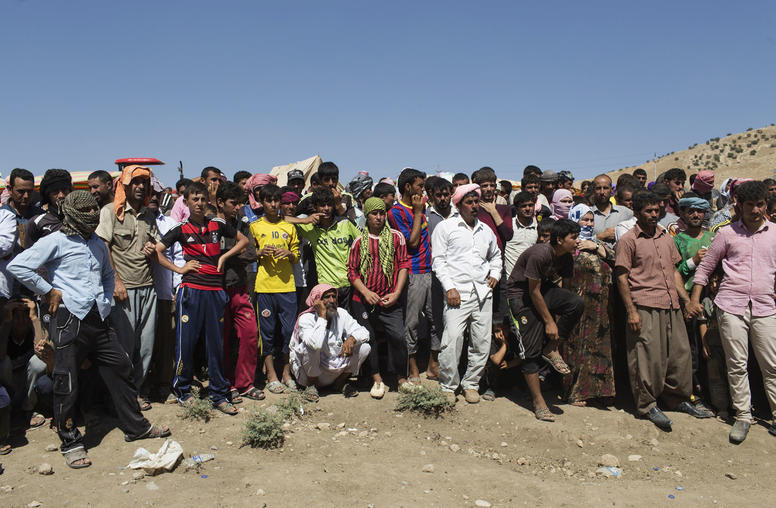
Iraq and its Minorities Face a New Challenge with Coronavirus
During the past few months I have spent working with religious minorities in Iraq, I have realized that these communities and Iraq’s anti-government protesters seek the same outcome: a democratic, safe, and pluralistic country.
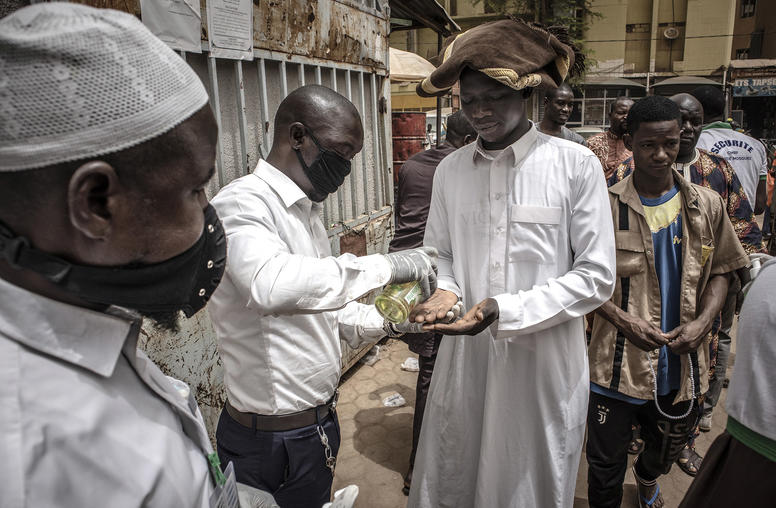
How Efforts to Address Conflict and Coronavirus Align
As the unprecedented humanitarian and economic impacts of COVID-19 begin to be felt across poor and conflict-affected states, there is a risk that policymakers will lose focus on longer-term priorities—like conflict prevention and economic development.
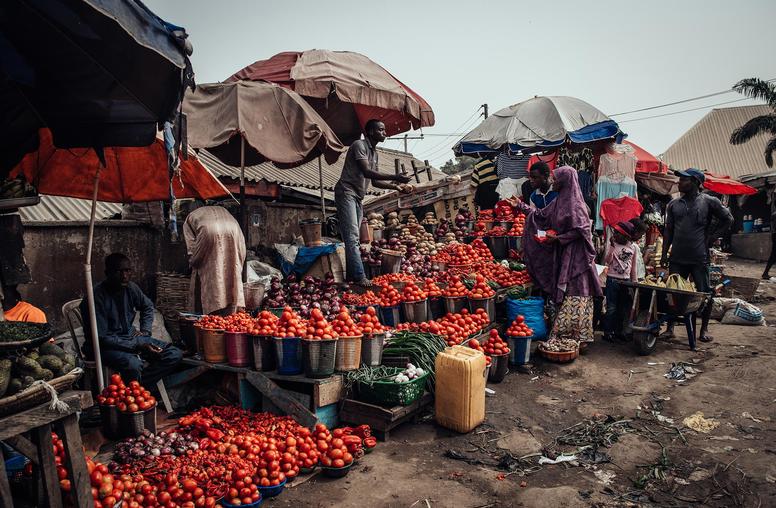
Nigeria: The Response to Coronavirus is an Opportunity for Reform
Well before the coronavirus emerged, a large majority of Nigerians felt their country was “going in the wrong direction.” Polling shows Nigerians feel the government has struggled to improve the living standards of the poor and is managing the economy badly. Today, while the public health response to head off the pandemic dominates attention, calls from prominent members of Nigerian civil society have renewed debates over wider questions of economic, social, and political reform. In this article, members of the Nigeria Working Group on Peacebuilding and Governance express both their hopes and concerns—in the context of the coronavirus—for Africa’s most populous country.
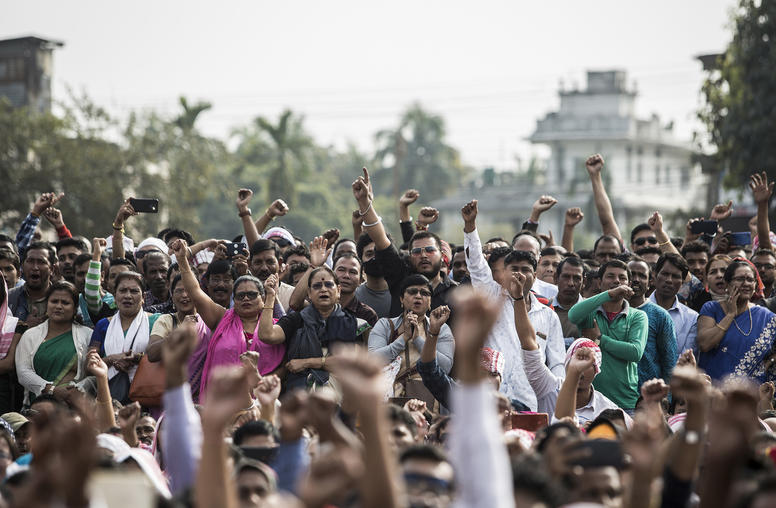
Combating Religious Discrimination in India and Beyond
Last month, the U.S. Commission on International Religious Freedom listed India as a “country of particular concern” for the first time since 2004. The decision reflects increased religious hostility and sectarian conflict in India, which have been stoked further by the Citizenship Amendment Act (CAA) passed last December. In the five months since, the CAA’s use of religious identity as a criteria for citizenship has sparked widespread opposition and protest both within India and abroad. But while controversial, it is far from an isolated policy. It connects to a steady increase in religious discrimination and violence within India, throughout South Asia, and across the globe—raising important questions for policymakers and activists alike.
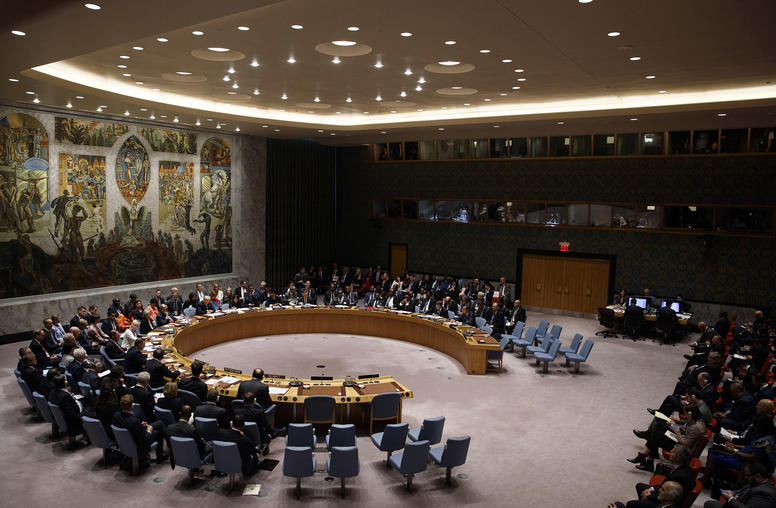
Is the International Community Missing an Opportunity To Advance Peace?
On March 23, U.N. Secretary-General António Guterres appealed for a global cease-fire to combat the COVID-19 pandemic. Yet over eight weeks later, the Security Council has not been able to muster consensus on a resolution to support even a humanitarian, time-limited cease-fire, despite early and repeated warnings about the potential devastation that the virus will bring to conflict zones.
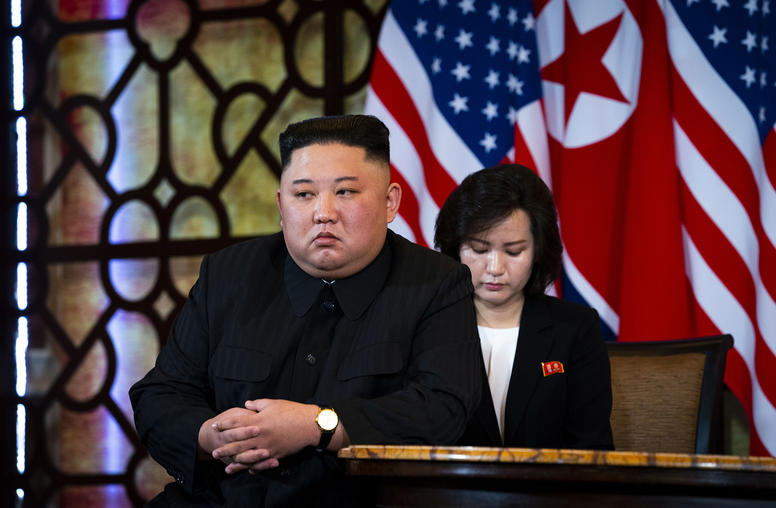
Could U.S.-North Korea Talks Resume in 2020?
The coronavirus pandemic has put many U.S. foreign policy priorities on the back burner, including the North Korea dilemma. But this longstanding problem continues to deepen regardless of COVID-19’s trajectory. In March, Pyongyang conducted five short-range ballistic missile and rocket launches. In addition, North Korea is expanding existing rocket launch facilities and building new ones. The unexplained disappearance of North Korean leader Kim Jong Un in April led to much speculation about the future of the North Korean regime. Meanwhile, the U.S. presidential elections looms large over North Korea’s calculations. What’s in store for the rest of the year?
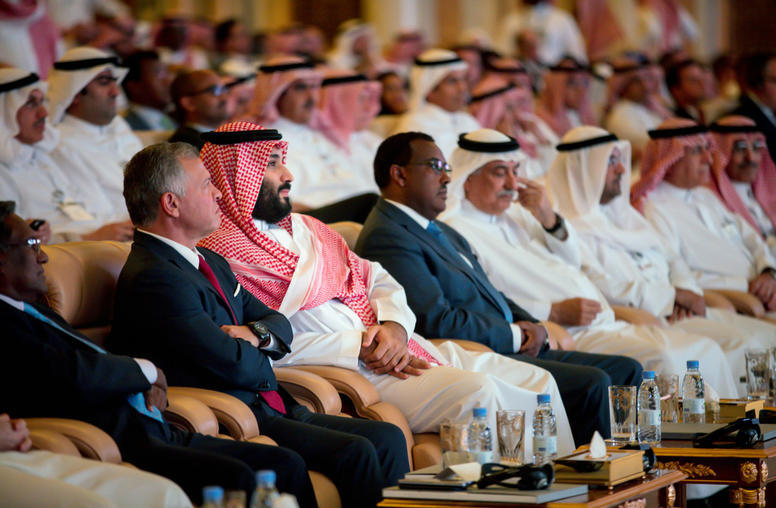
Jordan Sees Danger in Trump’s Middle East ‘Vision’
The Hashemite Kingdom of Jordan has long been a cornerstone of Middle East stability, wielding significant political and strategic influence in the region. As a small country with a weak economy bordered by Syria, Iraq, Saudi Arabia, Israel, and the occupied Palestinian territories, adroit diplomacy is one of its key national resources. Now, Jordan faces a fresh diplomatic challenge: the potential impact of President Trump’s plan for the Israeli-Palestinian conflict on its strategic interests and very future. In the months ahead, Jordan—a crucial partner to the U.S., Israel, and the Palestinians—faces a critical juncture in its relations with both the U.S. and Israel coupled with unprecedented internal challenges.
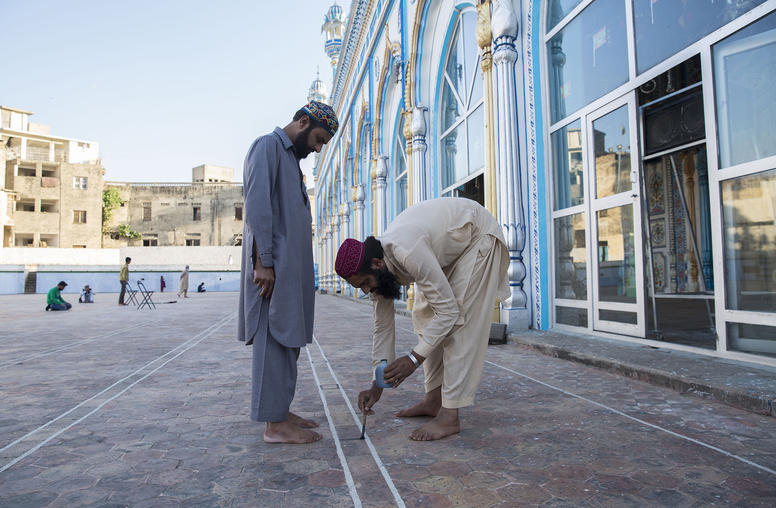
Pakistan’s Battle with Coronavirus Reveals Governance Challenges
While governments around the world are anxious to emerge from their pandemic lockdowns for the sake of their economies, the pressure to do so is more acute in countries like Pakistan where there were already high levels of poverty and a significant part of the population is engaged in the informal economy.
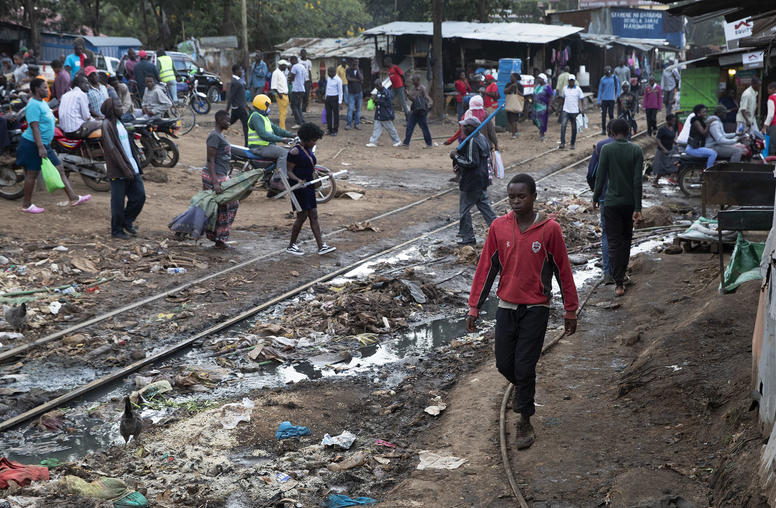
Diplomacy, Development and Defense Officials Pledge To Advance U.S. Fragility Strategy
The United States is committed to advancing the Global Fragility Act (GFA) as part of its global response to the coronavirus pandemic, senior State Department, USAID and Department of Defense officials said on Wednesday at a virtual gathering of development and peacebuilding organizations and experts convened by the U.S. Institute of Peace to facilitate discussions on how to implement the legislation.